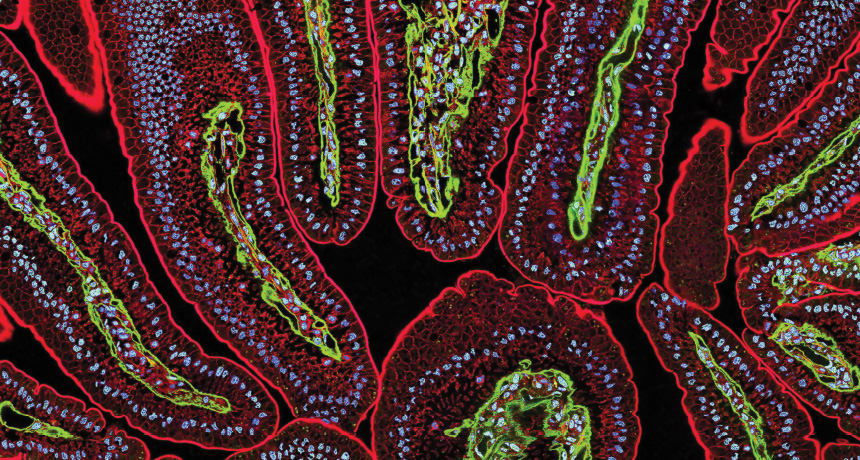Scientists Say
A weekly word defined, in a sentence and in context.
-
 Earth
EarthScientists Say: Avulsion
As rivers seek out easier routes to the sea, path reroutes can transform our world. This is ‘avulsion’ refers to in geology. In medicine, the word can describe injuries.
-
 Earth
EarthScientists Say: Lava bomb
An explosive volcanic eruption can shoot a blob of lava into the air. As that blob travels, it cools, creating a dangerous lava bomb.
-
 Life
LifeScientists Say: Chimera
What does it mean to be an individual? The genetic mashups called chimeras might challenge your assumptions.
-
 Planets
PlanetsScientists Say: Regolith
This sandlike dust blankets planets, asteroids and other rocky surfaces of our solar system, including our own planet.
-
 Brain
BrainScientists Say: Aphantasia
Not everyone has a “mind’s eye,” and that’s OK. Some people recall memories and process information in different ways altogether.
-
 Earth
EarthScientists Say: Frost Quake
When wet soil abruptly freezes, it creates high pressure underground. When the pressure releases, it can trigger a mini-earthquake called a frost quake.
-
 Brain
BrainScientists Say: Dopamine
This brain chemical helps focus our attention and plan our path toward success.
-
 Life
LifeScientists Say: Organoid
Lab-grown organ models mimic the functions of real organs and may open doors to a future of personalized medical care.
-
 Earth
EarthScientists Say: Sundog
A sundog appears in the sky when sunlight shines through tiny ice crystals suspended in the air.
-
 Chemistry
ChemistryScientists Say: Rocket propellants
Rockets need more than fuel to get where they need to go — they also need oxidizers to burn that fuel. Together, these chemical combos are known as rocket propellants.
-

-
 Materials Science
Materials ScienceScientists Say: Quantum dot
Quantum dots are nanosized specks whose properties are governed by the strange rules of quantum physics.